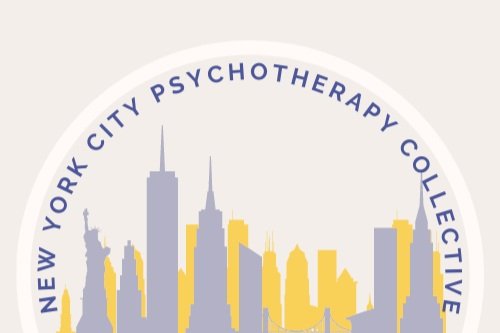Hot vaxx summer; #shotgirlsummer; the roaring ‘20s - whatever you want to call it, this summer means doubling up on all of the social plans we missed out on last summer, which can leave us exhausted. Sleep hygiene is extremely important for overall healthy functioning. If you’re tempted to say yes to one more thing that will put you over the edge, remember what happens when you don’t sleep enough.
What really happens when we don’t sleep?
Researchers agree broadly that lack of quality sleep leads to a general slowing of alertness and inconsistent performance, especially in terms of attention, diligence, and focus. These effects can look like lethargic behavior, poor reaction time, and slower mental processing of information. Even if you don’t work in an environment where you need to make split-second decisions, like a surgeon or a pilot, you will still find over time that if your alertness and performance suffer, it is impossible to do your job to expected standards. This may be reflected in preventable mistakes, poorly written emails and reports, or a critical performance review.
Despite the pervasive Freudian perspective that dreams reveal our unconscious desires, many current researchers believe that they may help us sort through recent intense emotional experiences by creating connections between neurons and allowing us to wake feeling calmer about what we experienced. How many of us have been given the advice “just sleep on it” and found that what was absolutely consuming us with anger or sadness the day before now feels like a more distant memory in the morning, one that we’re able to look at rationally and make thoughtful decisions about? Another well-regarded theory is that dreams help us process and consolidate memories. The scenes in the Pixar movie “Inside Out” that show certain memories being sent to the long-term vault while Riley sleeps are actually a pretty accurate representation of what happens in our brains.
Have you ever seen a toddler throw a tantrum and heard their parent say, “Oh, they’re just overtired?” The same thing happens to us as adults when we are sleep-deprived. All of the skills and strategies we have built over our lifetimes to help us control our primitive emotional reactions are forgotten when we are tired. We have slower reaction times, are able to pay less attention to nuances in situations, and have a lowered ability to control our immediate emotional reactions. Essentially, quality sleep allows us to prepare for the next day’s social and emotional functioning needs. So when that irritating coworker makes a passive-aggressive comment in the meeting that your well-rested brain would be able to ignore, your sleep-deprived brain can only muster the energy to react like your inner two-year-old is having a meltdown. Your brain believes that it is engaged in a “fight-flight-or-freeze” situation, and shuts down all nonessential functions that would be unnecessary in a survival situation. This impacts your body’s immune system, digestive system, reproductive system, and growth processes. This internal fire alarm also alters how the brain controls mood, motivation, and fear.
There is consensus among researchers that almost every diagnosable mood and anxiety disorder co-occurs with one or more sleep abnormalities, most commonly depression and anxiety. This moodiness impacts our relationships both at work and in our personal lives, and leads to higher conflict with others. These conflicts often lead us to withdraw and become less likely to engage in social activities, which for many people is an unspoken expectation in their work culture. Sleep-deprived people are also more likely to get sick and to take longer to recover, leading to more days of missed work and a negative impact on work performance. In addition, missing days of work also causes employees to miss out on the intangible benefits, like social interactions at lunch, sharing an inside joke with a colleague, or finding out a piece of information that impacts the company.
Chronic lack of sleep can also affect your appearance. We’ve all seen the dark circles under our eyes after a late night, and repeated late nights can also lead to premature wrinkling due to an increase in the stress hormone cortisol, which breaks down collagen, the protein that keeps our skin smooth. This leads us to look haggard and others may subconsciously not trust us with tasks at work due to a biological response to how we look. Increased levels of cortisol in the body can also lead to weight gain, which can zap us of our energy and keep us feeling lethargic.
So what if not getting enough sleep was unavoidable? Here are 5 quick strategies you can implement to do your best to power through the day until you can hit that pillow again to catch up on what you missed.
Drink lots of cold water
Get moving
Soak up some sunlight
Cut down your to-do list to the bare essentials
Take a quick nap if you can
If you’d like to work with a therapist to learn healthier habits to help you reach your goals, reach out to theNew York City Psychotherapy Collective today!
Follow the steps below to get started:
Click here to share some information about you so that we can match you with the perfect therapist for your needs.
Have a low-pressure, 20-minute call with your therapist to make sure they are the right fit.
Schedule your first session and start on your journey to feeling better right away.
We offer specialized services for related issues like Anxiety, Depression, LGBTQ Affirming Therapy, and Therapy Specifically for Young Adults. We can help you feel less overwhelmed, more relaxed, and more like the self you want to be.

